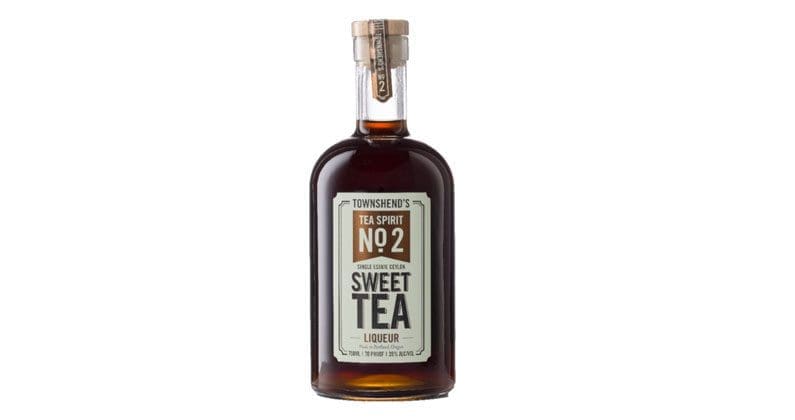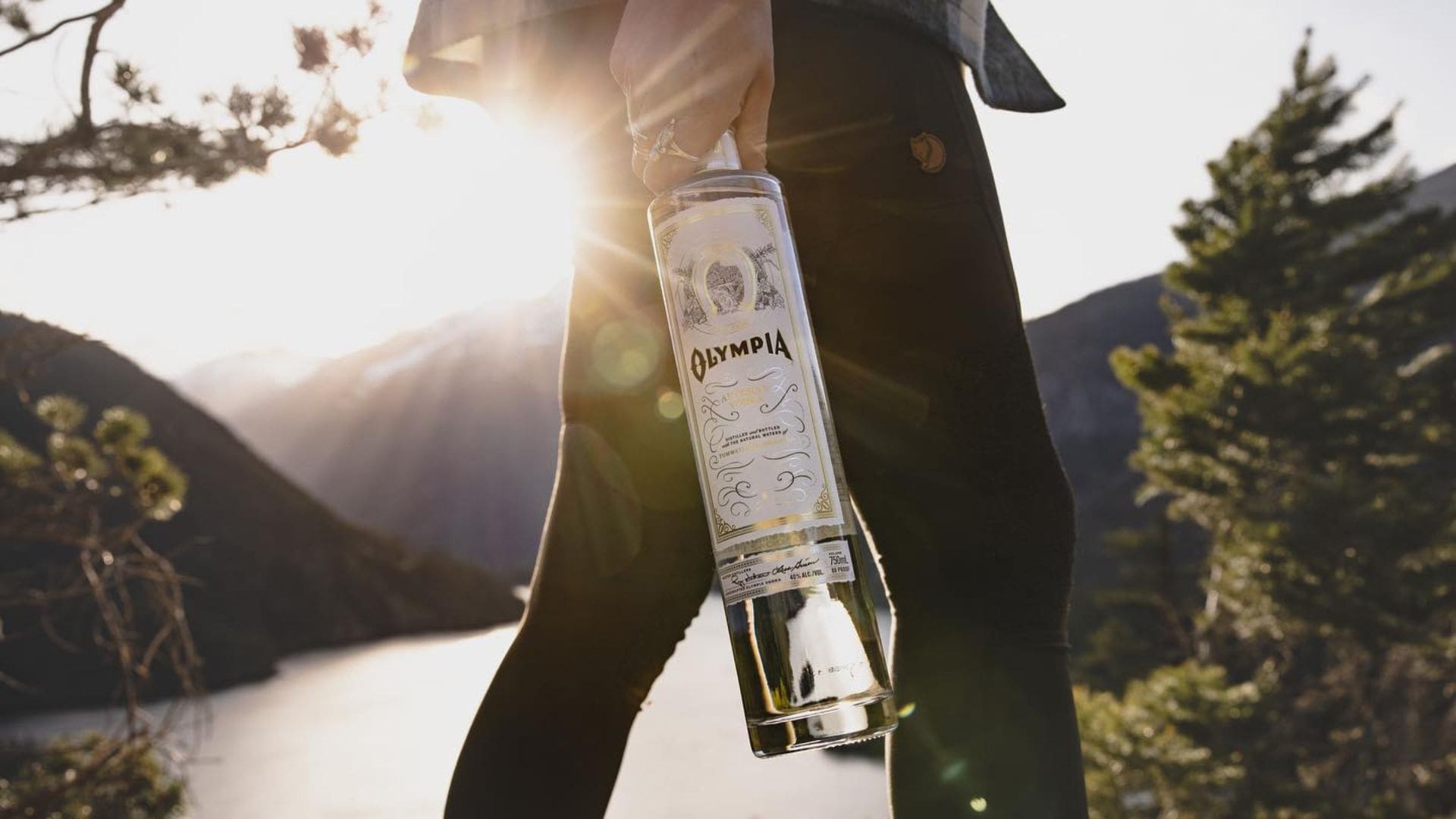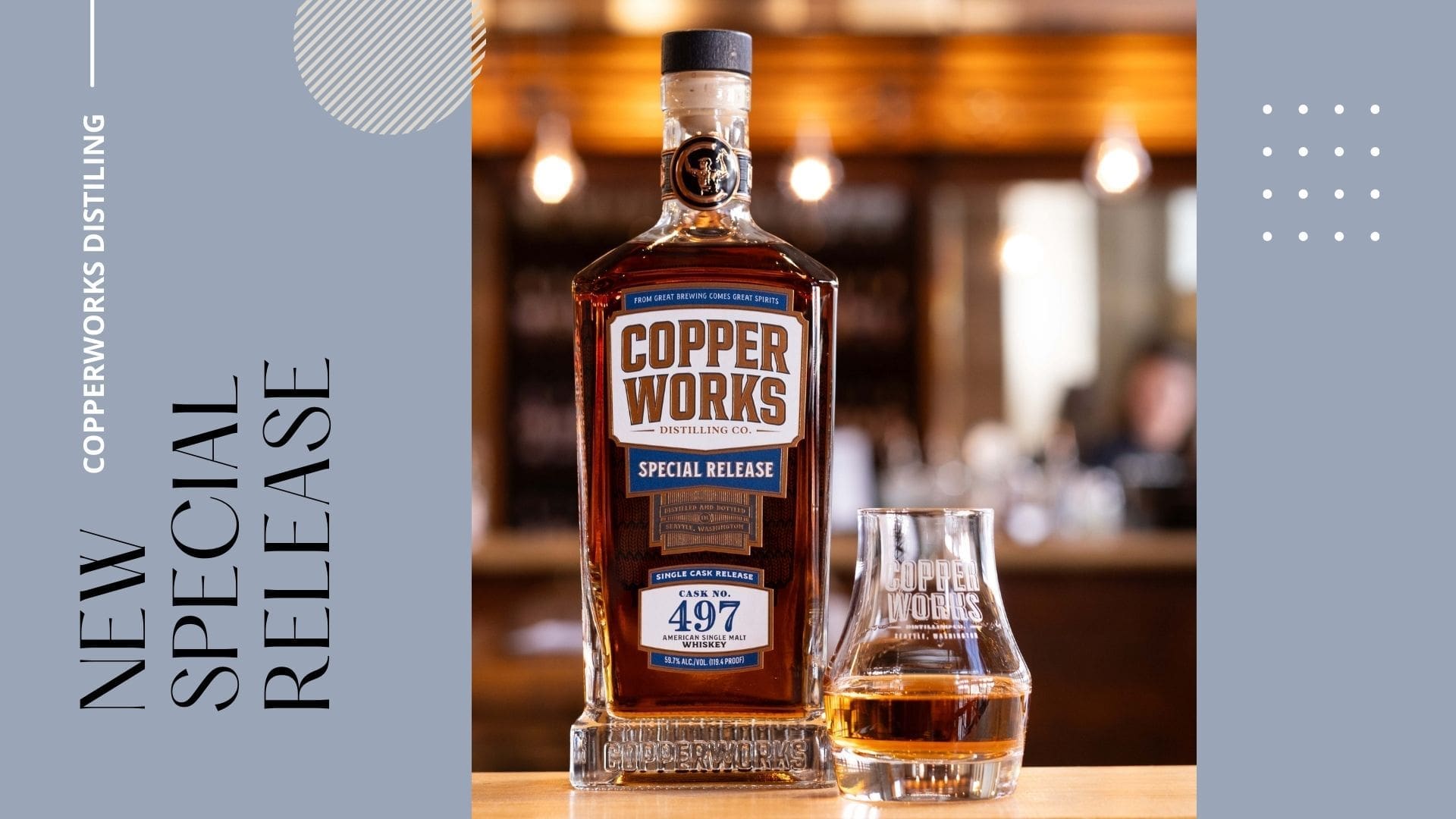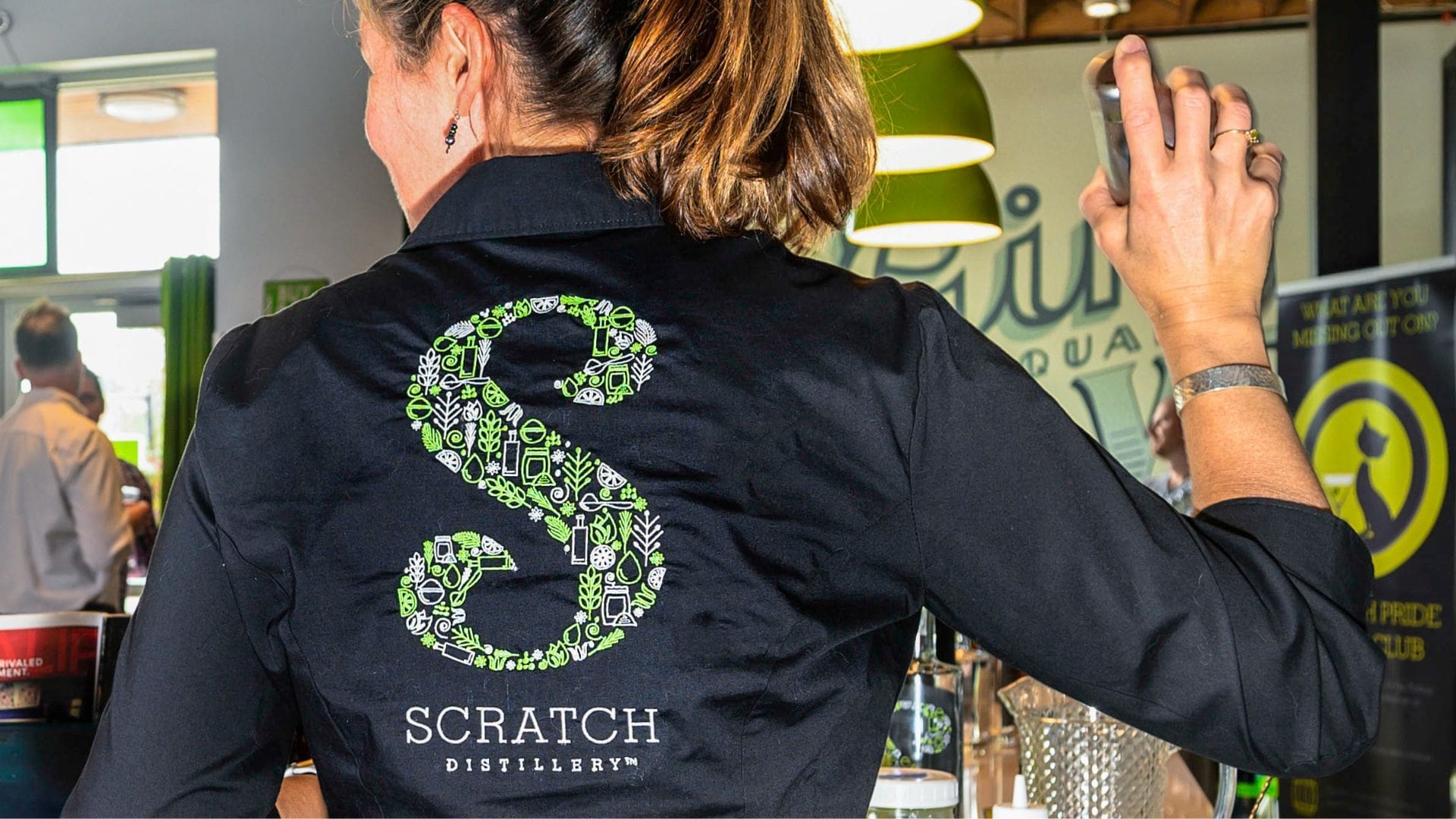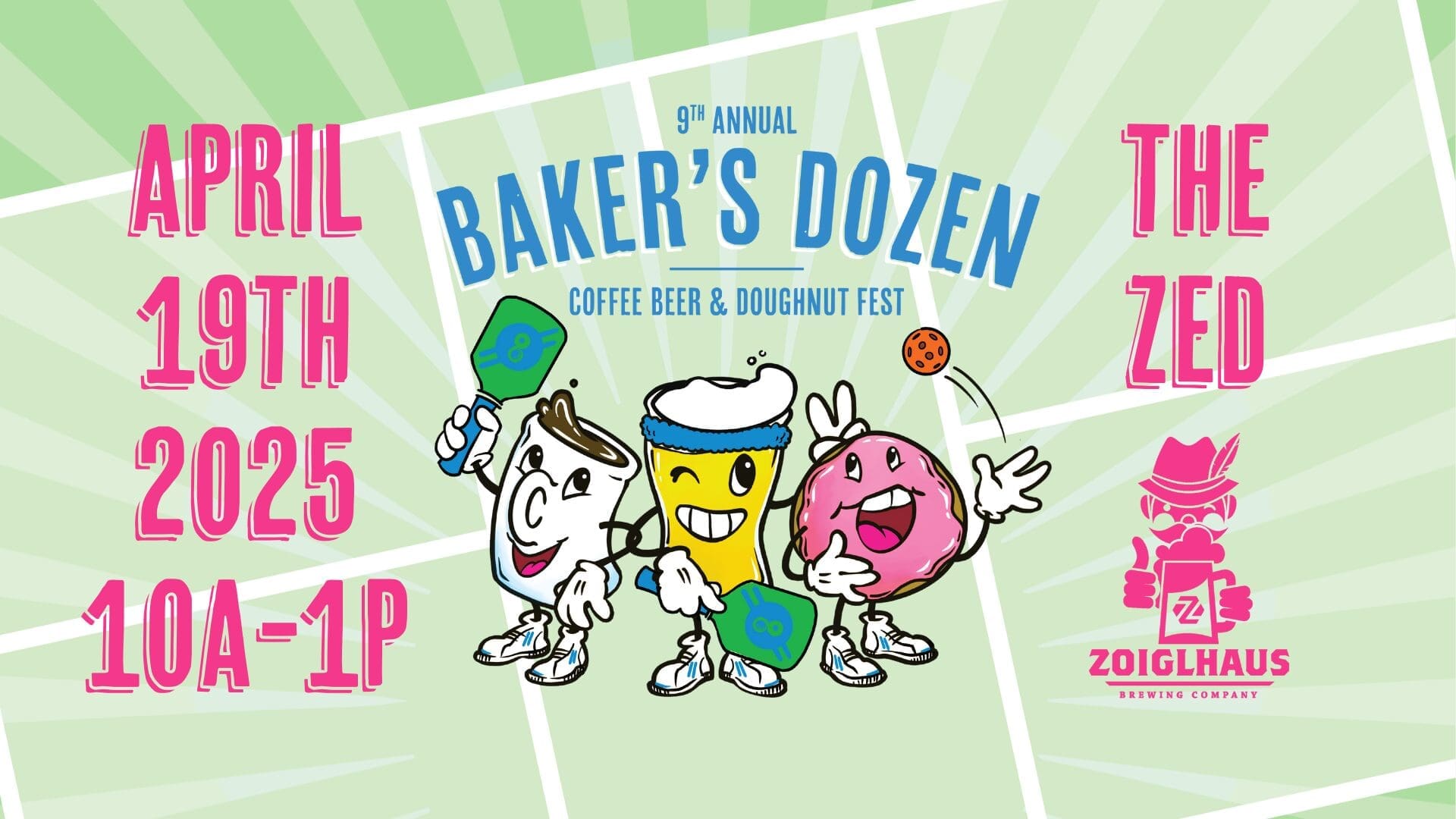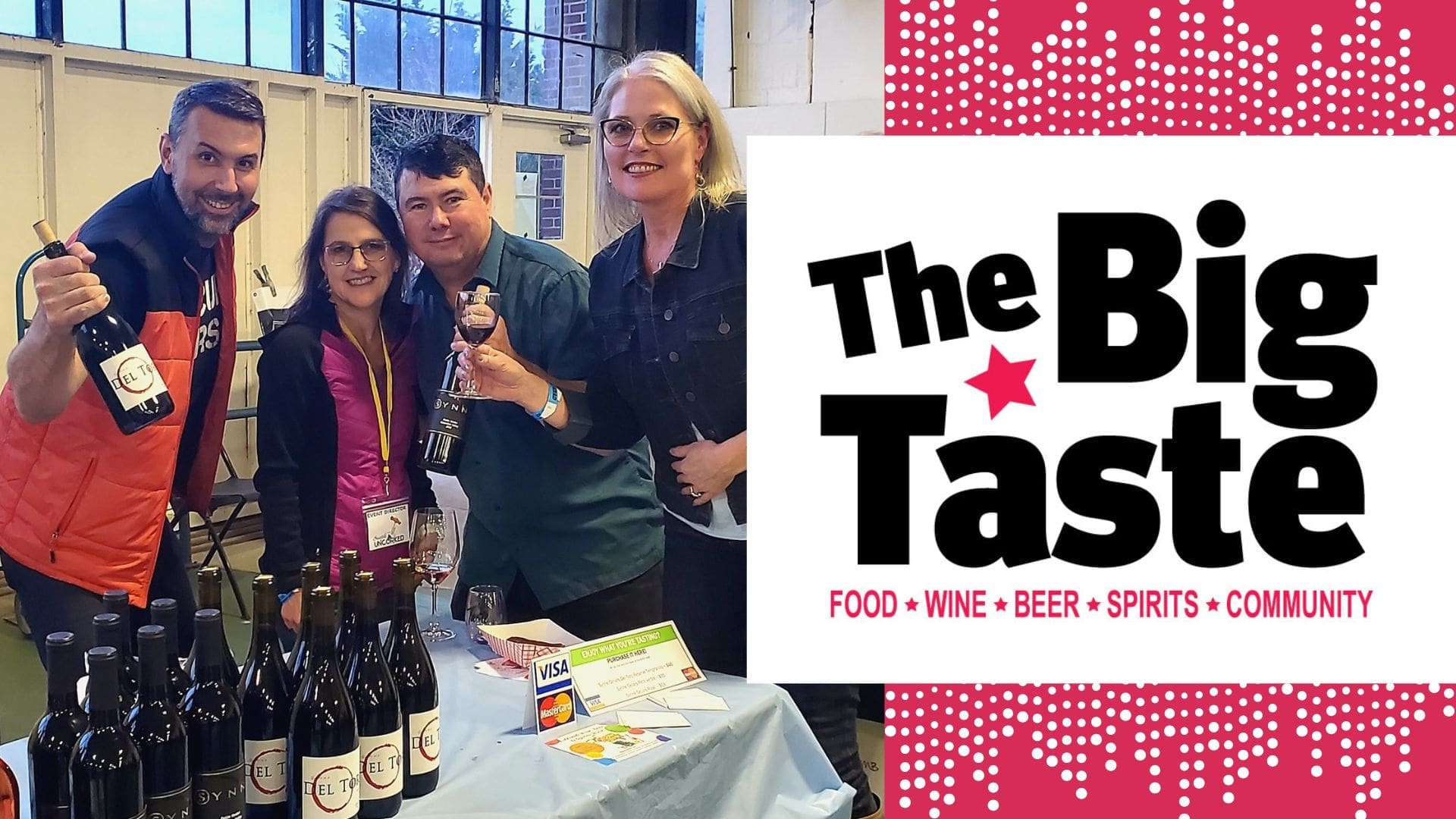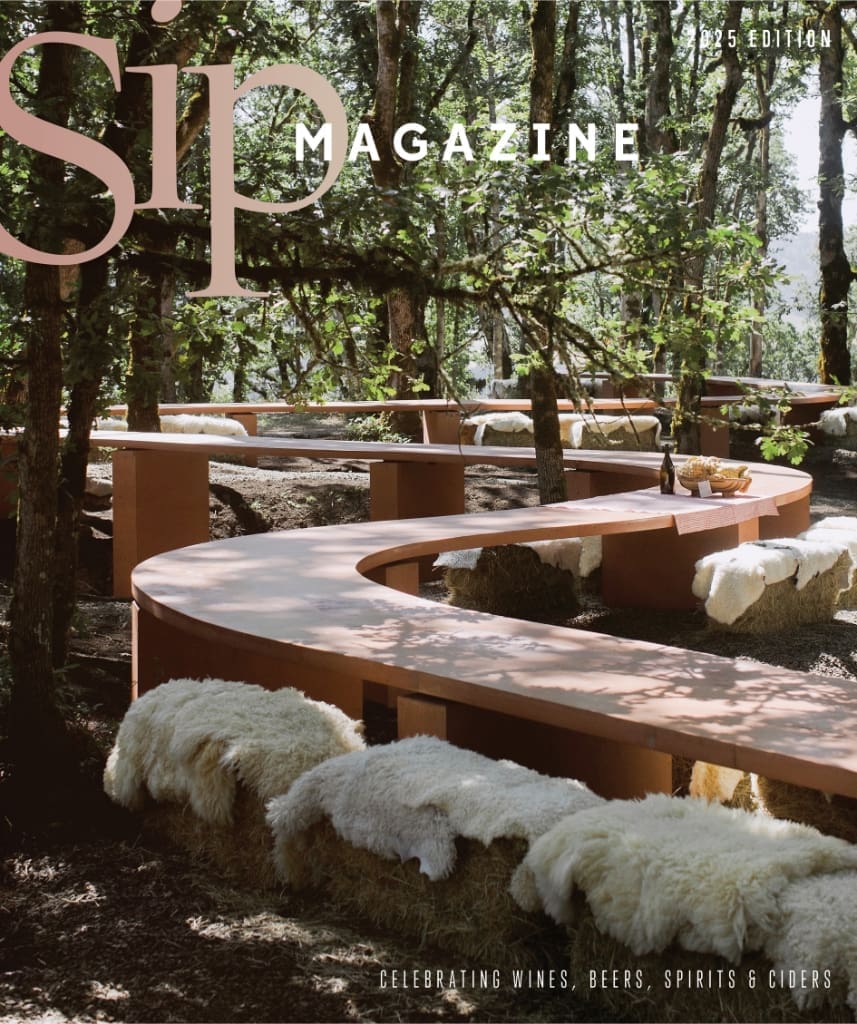Seth O’Malley, the head distiller at Thomas & Sons Distillery in Portland, has long been fascinated by botanical spirits such as gin, aquavit and herbal liqueurs. O’Malley had been working as a “teatender” Townsend Tea Co. for five years when owner Matt Thomas approached him about expanding into the spirits business in 2014.
Tea in cocktails is not a new idea. Black tea has added an herbaceous dryness to cocktails and punches for many years. Tea in spirits, however, is relatively new. Thomas had already done an extraordinary job building Townsend and Brew Dr. Kombucha businesses—introducing throngs of people to tea. And he already had a fermentation facility for the kombucha production too, which is where O’Malley came in.
O’Malley recognized that the process of extracting aromas—whether it be from tea leaves or herbs, spices or aromatics—were not that different whether you were making tea or spirits. “There is a lot to transfer from brewing tea to making aromatic spirit,” he says. “They are similar plants and nearly the same principals.”
Knowledge of distillation came via some on-site training, research and lots of trial and error. They started work in September of 2014 and released the first products in February of 2015.
The distillation process for creating the tea liqueurs begins with tea and cane sugar, which they ferment and then distill. Depending on the flavor profile, some herbs, barks and spices might be added pre-ferment as well. What comes off the still however, is clear, high-proof and very aromatic. After distillation, more aromatics, like cinnamon and cloves, along with black tea are added, lending color, flavor and even some caffeine. “One tenet of our project is absolutely no flavor additives, ever,” says O’Malley, adding they are also without caramel coloring.
Thomas & Sons’ line-up includes three tea liqueurs, corresponding to the names and flavors of the teas available in the teahouse, such as No. 2 Sweet Tea, No. 5 Smoke Tea and No. 16 Spice Tea. No. 50 Bitter Tea is an amaro-style liqueur, made higher proof than the other tea liqueurs (80-proof versus 70-proof) and more bitter. Its flavorings include black tea and spices such as cardamom, mint, rosemary and gentian root. The only aromatic in the White Rose liqueur is rose petals. The Bluebird Alpine liqueur was inspired by the herbal Czechoslovakian becherovka liqueur. It’s made with angelica, fennel, ginger and other baking spices.
O’Malley is also working on a new Fernet-style amaro that should be released in the spring of 2016. He is committed to making an intensely bitter “Pacific Northwest-style” amaro, and has used Douglas fir, birch bark and hops as flavorings. It will be high strength at 80-proof and very dry.
“One of our intentions with our products is to make them strong, and make them dry, so they lend themselves to cocktails,” O’Malley says. “It’s easy enough to add sweetness to a cocktail in other ways.”
One of his favorite cocktails is a punch called the Yankee Candle, made with equal parts of the Bluebird Alpine Liqueur, Punt e Mes, apple brandy and lemon juice. With this weekend’s Super Bowl approaching, O’Malley also recommended something a little lighter for day-drinking. The Robert Palmer is a boozier play on the Arnold Palmer, but equally refreshing. And since the tea liqueurs include caffeine, you get a nice caffeine buzz to boot.
Robert Palmer, created by The Hazel Room, Portland
1-1/2 ounces Tea Spirit No. 2 Sweet Tea
3 ounces fresh lemonade
1/2 ounce gin
1 sprig plus a few leaves fresh mint
Gently muddle gin and mint leaves in a Collins glass. Add Sweet Tea. Fill glass with cracked ice. Top off with lemonade. Garnish with mint sprig.

